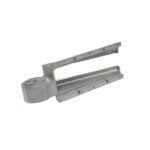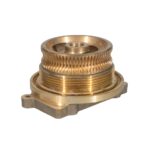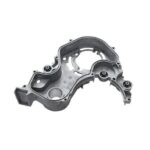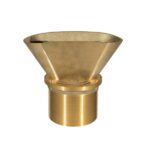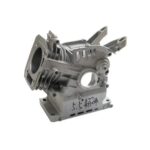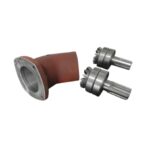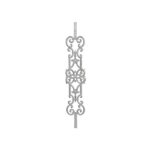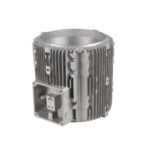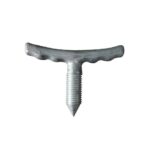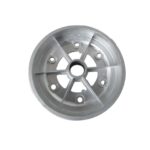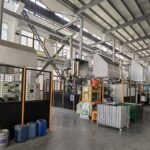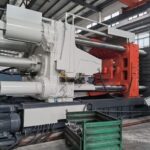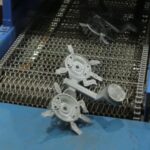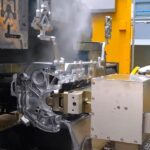We believe advanced machines are not just for show—they’re essential for achieving product consistency, dimensional accuracy, and stable delivery. In this article, we’ll walk you through what machines we operate, how we run them, and why they matter for your parts.
Why Machine Stability Matters in Aluminum Die Casting
Many clients choose us not just because we have well-known brands of die casting machines, but because we consistently deliver parts that match their specifications—across every batch. Die casting is extremely sensitive to temperature shifts, injection delays, or pressure fluctuations. Even small deviations can cause serious surface defects or dimensional errors.
Our goal is simple: make every shot repeatable and under control.
We Operate 180T–2000T Die Casting Machines
Our die casting workshop currently runs:
- 180T, 280T, 400T, 650T, 800T, 1250T, 1600T, and 2000T cold-chamber machines
- Suitable for ADC12, A380, and other aluminum alloys
Each tonnage serves different product sizes and mold setups:
| Machine Tonnage | Typical Part Size & Weight | Product Examples | Matching Mold Size | Cycle Time |
|---|---|---|---|---|
| 180T – 280T | Under 100g | LED housings, connectors, electronic shells | Up to 250mm x 250mm | 20–35 sec |
| 400T – 800T | 100g–1.5kg | Auto end covers, enclosures, housings | Around 450mm x 500mm | 30–50 sec |
| 1250T – 1600T | 1.5kg–3kg | EV controller boxes, motor housings | Up to 550mm x 600mm | 45–70 sec |
| 2000T | Over 3kg (Max 600mm length) | Industrial housings, energy storage covers | Up to 700mm x 800mm | 60–90 sec |
We select the proper machine based on wall thickness, complexity, and shot weight—backed by fast mold change systems and precise mold temperature control.
How Automation and Monitoring Improve Consistency
Nearly all our machines are equipped with:
- Automatic spraying systems to prevent die sticking and cold shuts
- Robot pickers to reduce human error and protect part surfaces
- Mold temperature control units (±3°C) to avoid thermal cracks
- Closed-loop injection control systems for stable filling
- MES connectivity to track parameters like pressure, speed, and clamping force in real time
These upgrades aren’t just for show—they’re how we keep your part quality consistent across batches.
Routine Maintenance: What We Actually Do
Even the best machines fail without upkeep. Here’s what our team does to avoid mid-run failures or quality drops.
✅ Monthly Maintenance Includes:
- Cleaning water/oil filters and mold interfaces
- Replacing spray nozzles and checking oil seals
- Lubricating injection mechanisms
- Removing cooling system scale buildup
🔧 Quarterly Major Overhaul Includes:
- Disassembling injection systems to inspect pistons and seals
- Replacing hydraulic oil and cleaning tank filters
- Verifying clamping system alignment and precision
- Testing mold temp units, chillers, servo cables
- Performing software updates and alarm checks
This ensures no pressure loss, overheating, or cycle delays during production.
Why Our Machines Support Stable Mass Production
We’ve heard it from buyers: “The first batch was okay, but later batches started failing.” That’s a red flag—and it usually traces back to machine instability.
We prevent that through:
- Production capacity over 1 million pieces/month, with flexible setup for medium-sized OEM batches
- Quick Mold Change (QMC) setups—mold swaps in just 30–45 minutes
- Mold ID and parameter binding, to repeat exact settings for future orders
This is how we ensure repeatable quality even across long-term or multi-year contracts.
Need a Supplier That Takes Machine Quality Seriously?
We don’t chase flashy labels or marketing buzzwords. Instead, we focus on one thing: delivering your orders with consistency, dimensional precision, and real-time reliability—backed by stable machines and disciplined maintenance. Let’s discuss your aluminum die casting needs.


